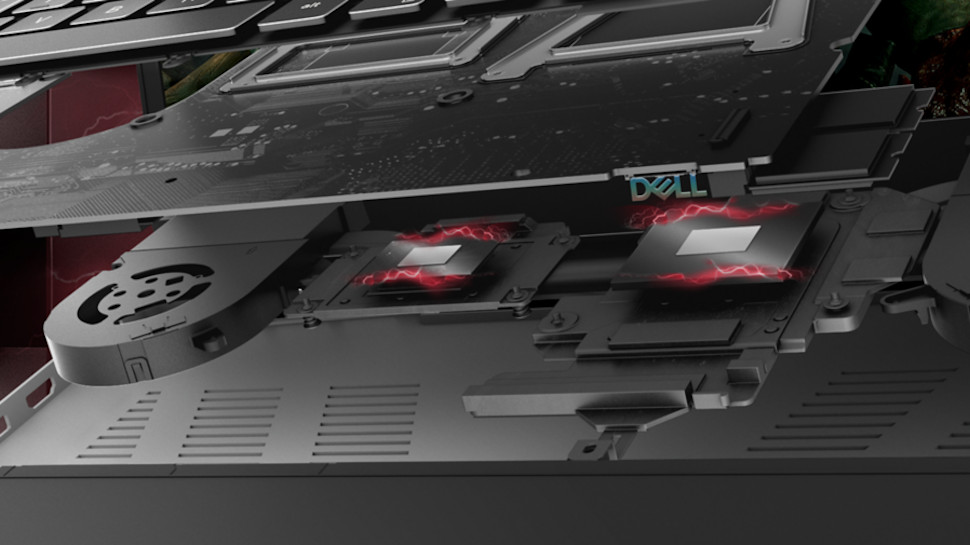AMD is bringing performance-boosting SmartShift tech to Linux laptops
It looks like AMD is shifting up a gear with Linux portables

Sign up for breaking news, reviews, opinion, top tech deals, and more.
You are now subscribed
Your newsletter sign-up was successful
AMD is seemingly continuing to prepare the ground for its SmartShift tech to debut on Linux laptops, and hopefully this should be realized in time for the launch of the next batch of all-AMD notebooks.
This is according to Linux enthusiast site Phoronix.com, which flagged up a couple of recent patches adding elements of support for SmartShift under Linux – which follows a bunch of previous work – and theoretically we could be looking at full support making the cut for the Linux 5.14 kernel later this year.
- AMD vs Nvidia: which should be your next graphics card?
- Check out the best gaming laptops around
- Amazon’s Prime Day 2021 sale starts on June 21
Also noteworthy is that AMD once again touched on what SmartShift does at the recent Computex show, highlighting some of the frame rate boosts (in the order of 10% or so) which can be expected with this tech alongside Smart Access Memory.
SmartShift was first revealed for Windows 10 laptops early last year, and the tech allows for the shifting of power dynamically between the CPU and GPU, enabling a swift performance boost when the workload requires it. However, SmartShift only came to a single Dell laptop in 2020, with the broader rollout being delayed until 2021 – and indeed further SmartShift-toting notebooks were finally just shown off at Computex.
Potent combo
Remember that SmartShift needs a laptop with both an AMD processor and graphics card, so in other words, it has to be an all-AMD machine to benefit from the power sharing and reallocating feature.
The aforementioned freshly revealed portables from Computex employ Ryzen 5000 mobile CPUs and the new RX 6000 laptop GPUs which have caused a splash with their potential to outdo Nvidia according to AMD’s own benchmarking (with SmartShift lending a helping hand).
Presumably we will finally see more notebooks which are SmartShift-equipped going forward, and hopefully before too long, Linux laptops into the bargain – but given how slowly things have moved with this tech thus far, we should probably temper our expectations for now (particularly when ongoing component shortages are taken into account).
Sign up for breaking news, reviews, opinion, top tech deals, and more.
- Check out all the best gaming PCs
Via Tom’s Hardware
Darren is a freelancer writing news and features for TechRadar (and occasionally T3) across a broad range of computing topics including CPUs, GPUs, various other hardware, VPNs, antivirus and more. He has written about tech for the best part of three decades, and writes books in his spare time (his debut novel - 'I Know What You Did Last Supper' - was published by Hachette UK in 2013).